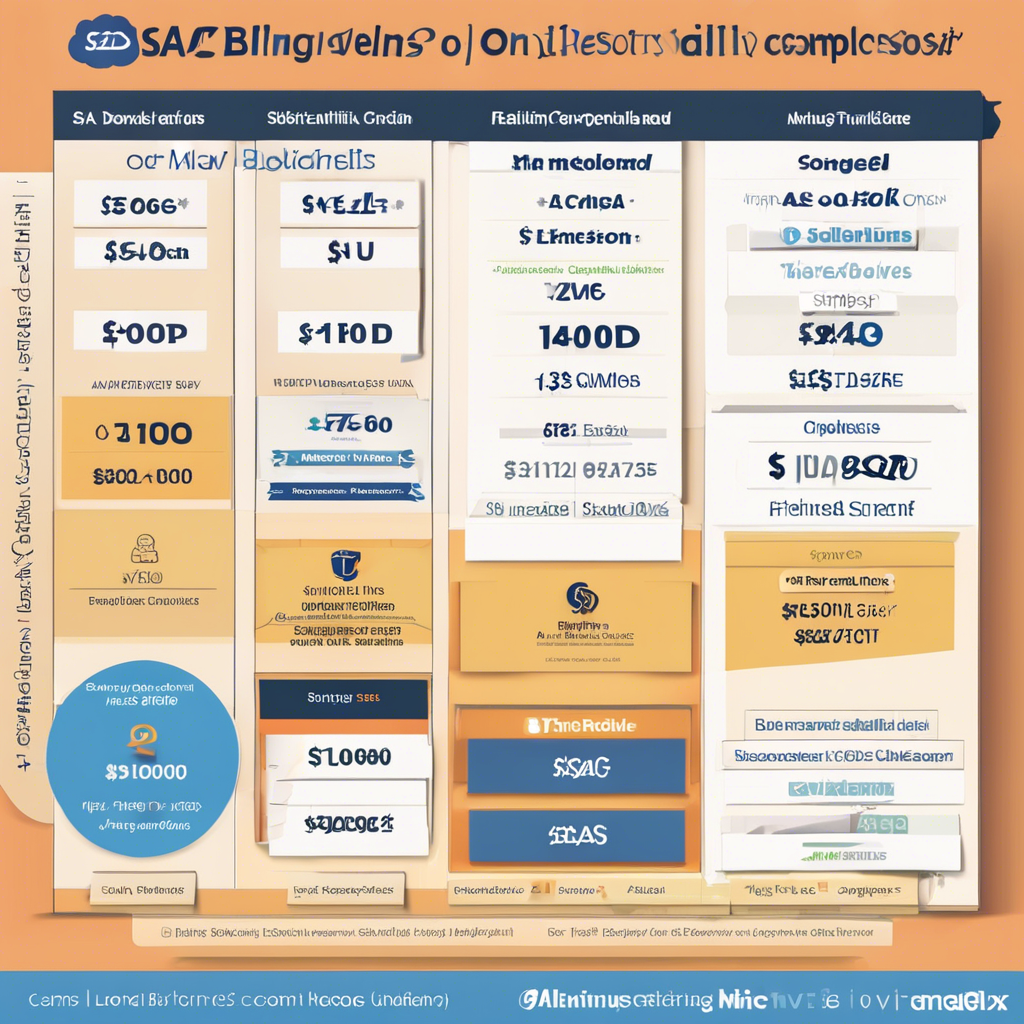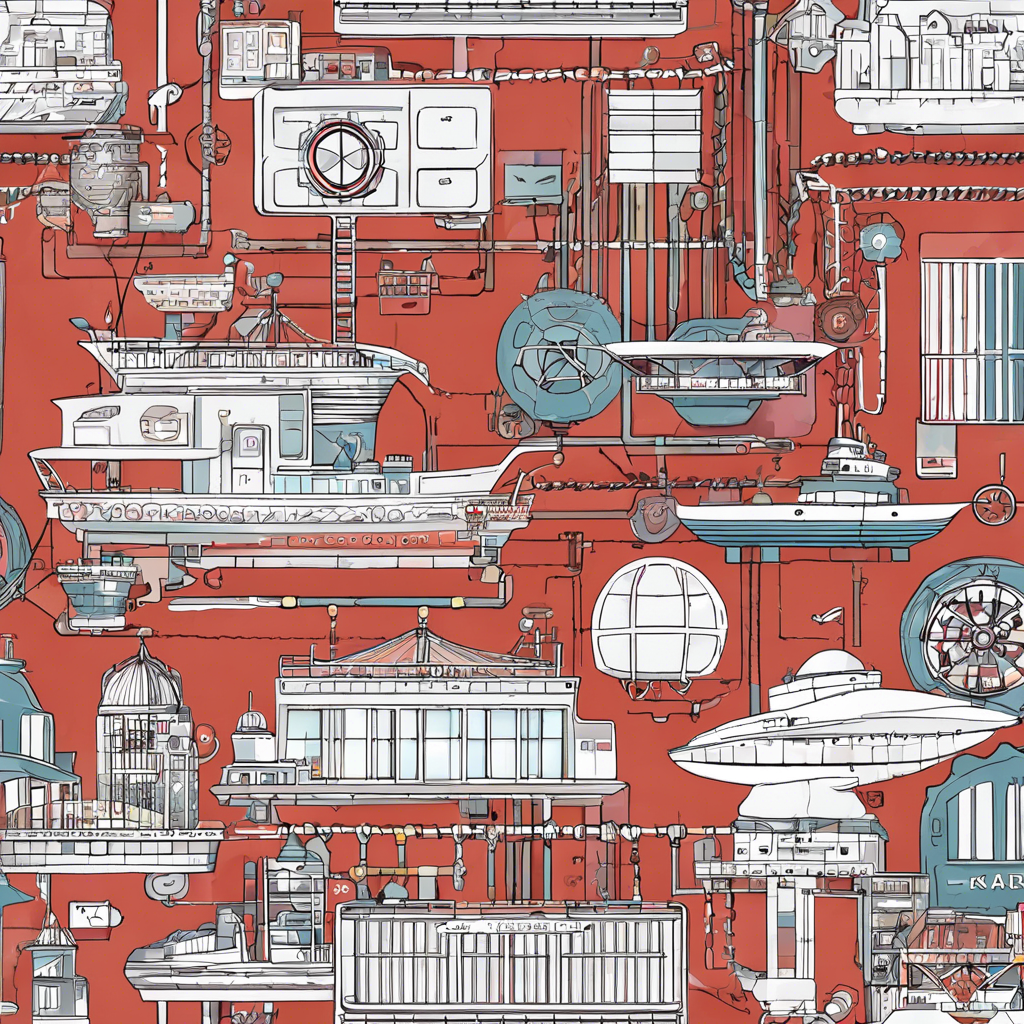SaaS billing platform comparison

As businesses continue to embrace digital transformation, the demand for efficient and cost-effective software solutions has never been higher. One crucial aspect of operating in the digital landscape is managing subscriptions and payments effectively. This is where Software as a Service (SaaS) billing platforms play a pivotal role. These platforms streamline the billing process for subscription-based services, offering businesses a way to manage recurring revenue efficiently. In this article, we will compare and contrast three popular SaaS billing platforms: Zuora, Chargebee, and Recurly.
Zuora is a well-established player in the SaaS billing platform market. It is known for its robust features that cater to the needs of large enterprises. Zuora offers a comprehensive suite of tools for subscription management, billing, and revenue recognition. With Zuora, businesses can easily create and manage complex pricing plans, handle upgrades and downgrades, and automate invoicing and payments. The platform’s analytics capabilities provide valuable insights into subscription performance and revenue trends, helping businesses make data-driven decisions.
Chargebee is another prominent player in the SaaS billing platform space, particularly popular among small and medium-sized businesses. Chargebee offers a user-friendly interface and easy integration with various payment gateways, making it a preferred choice for businesses looking to set up billing quickly. The platform supports multiple pricing models, including usage-based billing and tiered pricing, giving businesses the flexibility to adapt their billing strategies to their specific needs. Chargebee also provides robust reporting and analytics tools to track key metrics and monitor subscription health.
Recurly is a SaaS billing platform that caters to businesses of all sizes, from startups to enterprise-level organizations. Recurly’s strength lies in its flexibility and scalability, allowing businesses to customize their billing workflows and adapt to changing business requirements easily. The platform offers a range of features, including automated dunning management, revenue recovery tools, and subscription lifecycle management. Recurly’s integrations with popular third-party applications make it easy for businesses to connect their billing processes with other key systems.
When comparing these three SaaS billing platforms, several factors come into play. One crucial aspect is pricing, as businesses need to consider the cost implications of implementing a billing platform. Zuora, being geared towards larger enterprises, tends to have a higher price point, while Chargebee and Recurly offer more competitive pricing options for smaller businesses. Businesses also need to evaluate the scalability and flexibility of the platforms to ensure that they can support their growth and evolving business needs.
Another critical factor to consider is the level of customization and integration options offered by the billing platforms. Businesses often have unique billing requirements that may necessitate customizations or integrations with other systems. Zuora, with its extensive feature set, provides a high level of customization but may require more technical expertise to implement. Chargebee and Recurly, on the other hand, offer a balance between flexibility and ease of use, making them more accessible to businesses with limited technical resources.
User experience is another important consideration when choosing a SaaS billing platform. The ease of use of the platform, the intuitiveness of the interface, and the availability of comprehensive support resources can significantly impact the user’s experience. Chargebee is known for its user-friendly interface and excellent customer support, making it a popular choice among businesses looking for a hassle-free billing solution. Zuora and Recurly also offer robust support options but may require more training to fully leverage their capabilities.
In conclusion, choosing the right SaaS billing platform is a critical decision for businesses looking to streamline their subscription management and billing processes. While Zuora, Chargebee, and Recurly all offer robust features and capabilities, each platform caters to a different segment of the market based on business size, pricing considerations, and customization needs. Businesses should carefully evaluate their requirements and priorities to select the platform that best aligns with their goals and objectives. By investing in the right SaaS billing platform, businesses can optimize their subscription revenue streams and drive growth in the digital economy.




